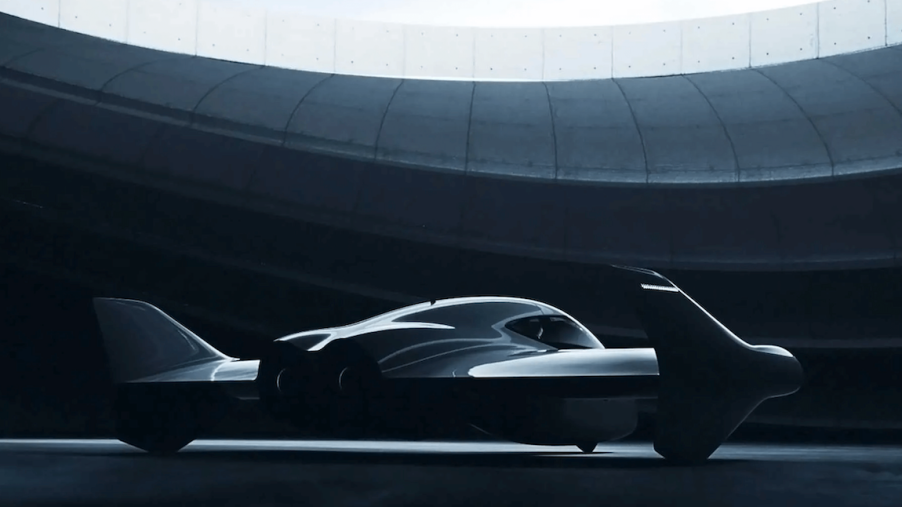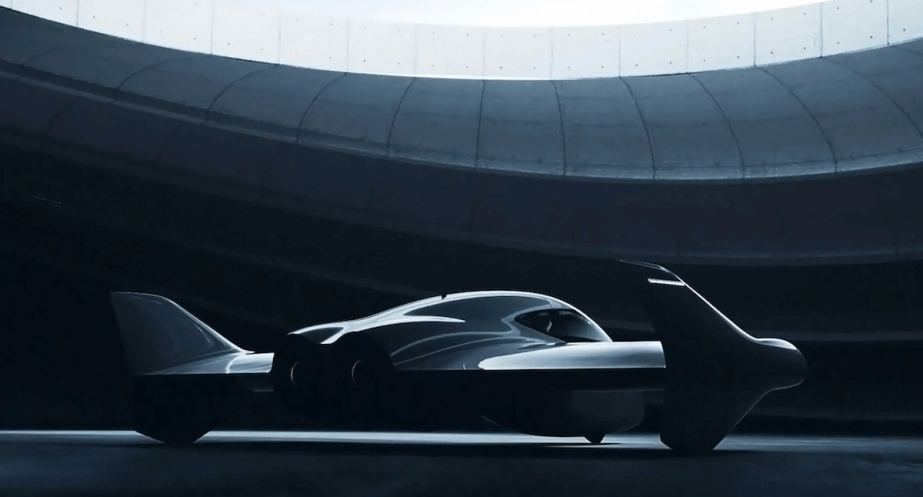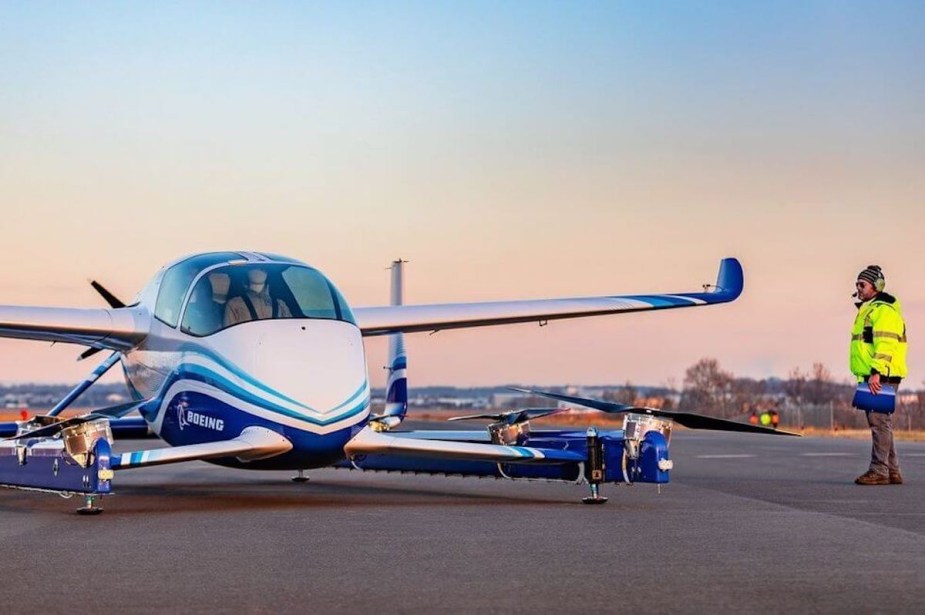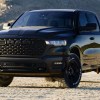
Porsche and Boeing Began Developing a Flying Car in 2019: Where Is It?
Things have been very quiet of late with the Porsche Boeing consortium tasked with creating a flying car. Announced in 2019, if you can imagine two better companies combining to create a flying car than Boeing and Porsche, we can’t. There’s so much cred that comes with both. But as exciting as it sounded, and sounds, it has been crickets.
Why did Porsche team up with Boeing for a flying car?

Since then, an explosion of flying car/eVTOL companies has popped up with the same goals, though their approaches vary. While just around the corner for decades, we are getting closer to this becoming a reality. Being eVTOL machines, meaning electric virtual takeoff and landing, this seems to be the approach taken by most flying car developers.
At the Porsche/Boeing announcement, Porsche Executive Board member Detlev von Platen said, “Porsche is looking to enhance its scope as a sports car manufacturer by becoming a leading brand for premium mobility. In the longer term, this could mean moving into the third dimension of travel. We are combining the strengths of two leading global companies to address a potential key market segment of the future.”
When will eVTOLs like the Porsche Boeing project be produced?

But besides this partnership, Boeing has invested in both electric and battery technology should passenger travel switch to electrification. According to AirInsight, since 2018, Boeing was investing money in Kitty Hawk, another eVTOL company. At the time, it announced “one of the most well-funded advanced air mobility companies in the world.” Now, Kitty Hawk has morphed into Wisk.
The prototype completed its first test flight in January 2019 in Virginia. Boeing calls it a “passenger air vehicle.” It says this project is still under development.
Unfortunately, engineering and regulatory hiccups look to be hampering the progress of many flying car developers. Oh, and capital. We don’t know much about each company’s total investments, but one American company, Supernal, has received $1.8 billion from Hyundai. It expects to begin manufacturing its first eVTOL in 2028.
Other automakers have also invested in flying car companies. Stellantis recently invested $150 million with Archer Aviation. And Toyota has given Joby Aviation almost $400 million. Both of these companies expect production to begin in 2025. But each of these is looking to make eVTOLs somewhat affordable, or for air taxi service.
What market with the flying car target?

That is not what Porsche and Boeing want. The two companies have assembled teams exploring different aspects of urban air mobility. As part of this, they still intend to develop and test an eVTOL. And Porsche has provided a vision of what this might look like.
Rather than looking like a mechanical dragon, it has a sleek, stylish design. Just what one would expect from Porsche. So this effort is going after the premium side of the equation, with little regard for making it affordable.
Many of these flying car projects continue behind the scenes. With Porsche and Boeing’s resources, it isn’t necessary to hype their efforts to bring in outside capital. So for now, what progress has been made is happening behind closed doors? But make no mistake, with so much underway from what could be hundreds of companies, we are much closer to the age of the flying car.



